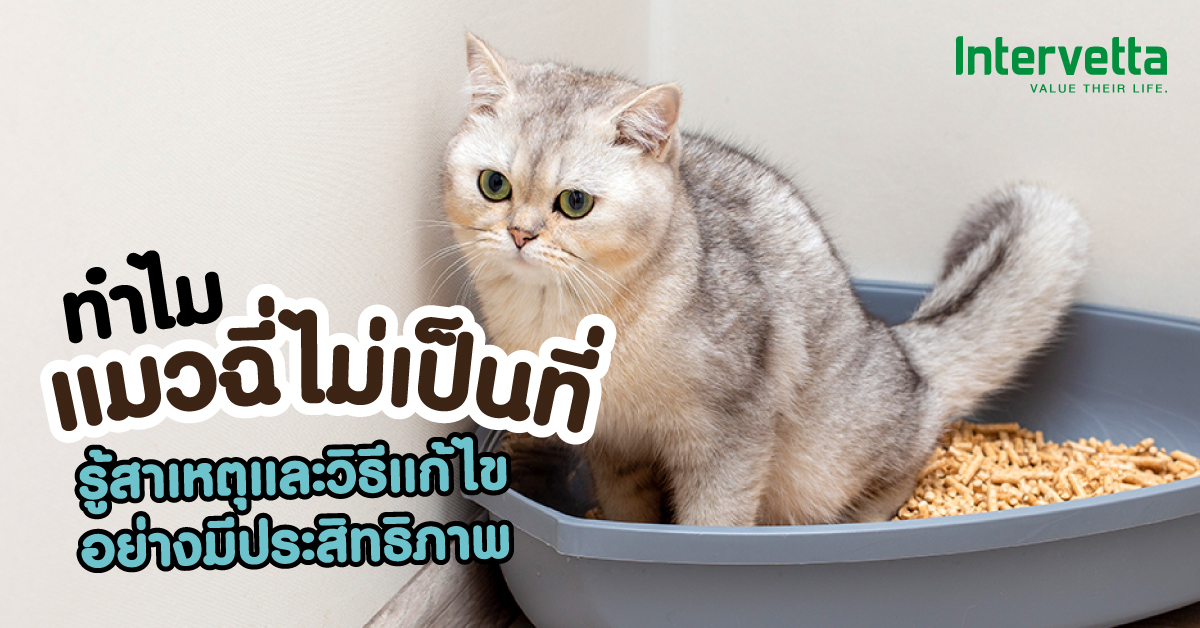Why Do Cats Urinate Outside the Litter Box? Understanding the Cause and Fixing the Problem Effectively

Why Do Cats Urinate Outside the Litter Box? Understanding the Cause and Fixing the Problem Effectively
The problem of cats urinating outside the litter box is something many cat owners face and find frustrating. When a cat starts this new behavior, urinating on mats, sofas, or in different corners of the house, the key to solving the problem is to first understand the real cause to find an effective solution. This is because a cat urinating outside the litter box doesn't happen without reason; it usually has a specific cause that we can address.
The Main Causes of a Cat Urinating Outside the Litter Box
Cats urinating outside the litter box isn't a behavior meant to anger their owners, but a signal that the cat is trying to communicate with us. The main causes are generally divided into two major groups:
- Health Problems: Urinary tract diseases are one of the most significant causes of this abnormal behavior. When a cat is sick, going to the bathroom can be painful, causing the cat to associate pain with using the litter box. They will then choose to relieve themselves in a different location. Furthermore, urinary tract infections, bladder stones, or bladder inflammation can all contribute to this problem. Older cats may also experience joint issues or muscle weakness, making it difficult to get into a litter box that is too high or maintain their posture while urinating. These problems force the cat to find a new place to go, which may not be a spot we want.
- Stress Factors: Stress is another major cause that affects a cat's behavior. Moving to a new home, a new family member, changes in their daily routine, or even unusual loud noises can all cause a cat to feel stressed. When stressed, a cat's elimination habits can change, and they might start urinating outside the litter box. Additionally, other pets in the house, especially a new cat, can lead to territorial competition. Training a cat in this situation must take into account creating a safe and stress-free environment for all cats.
Effective Solutions for a Cat Urinating Outside the Litter Box
Solving the problem of a cat urinating outside the litter box must be done systematically and consistently. Rushing or using inappropriate methods can make the problem more complex. Effective solutions can be implemented as follows:
- Improve the Litter Box: A clean and appropriate litter box is the crucial first step. Regularly cleaning the litter box, choosing a litter the cat likes, and placing the litter box in a suitable location are all factors that encourage the cat to use it again. The litter depth should be about 5-7 centimeters to allow the cat to dig and bury naturally. The litter box should be in a quiet, undisturbed area and away from their food and water bowls. If you have multiple cats, you should have at least one litter box per cat, plus one extra, to prevent competition and give the cats choices.
- Create a Suitable Environment: A good environment is key to preventing a cat from urinating outside the litter box. Providing quiet resting spots, high places for climbing, and a variety of toys helps reduce stress and makes the cat feel secure. Maintaining a consistent daily routine, including feeding times and playtime, will help the cat feel stable and reduce anxiety.
- Use Cat Pheromones to Create Calm: Synthetic pheromones are an effective tool for reducing a cat's stress and can help solve this problem. The natural pheromones that a mother cat releases to create a sense of security for her kittens, when used in a spray or diffuser, help the cat feel relaxed and less stressed. Pheromones should be used in the areas where the cat spends most of their time and near the litter box. Results will become noticeable within 1-2 weeks of consistent use. This method is especially suitable for cats with behavioral issues stemming from stress.
- Continuous Health Monitoring and Care: Regular vet check-ups help us detect health problems that might affect a cat's behavior early on. Observing their elimination habits, water intake, and any other unusual symptoms will help us provide comprehensive care. If you notice any warning signs, you should consult a vet immediately. Building a good relationship with your cat through play and positive interactions will help them feel happy and less stressed, which can prevent this problem in the long run.
Conclusion
The problem of a cat urinating outside the litter box can be solved when we understand the real cause and use the right methods. Caring for their health, improving their environment, and training them with patience will help the cat return to appropriate elimination habits. It's important not to ignore the problem and to address it consistently. If the problem persists even after following these recommendations, you should consult a veterinarian as soon as possible to rule out any underlying medical causes.
If you are interested in FELIWAY Classic cat pheromones or other products for cat care, you can add our Line account to inquire or consult further at @intervetta.
LINE Shop: https://shop.line.me/@intervetta
Shopee: https://shopee.co.th/intervetta.official
Lazada: https://www.lazada.co.th/shop/intervetta











